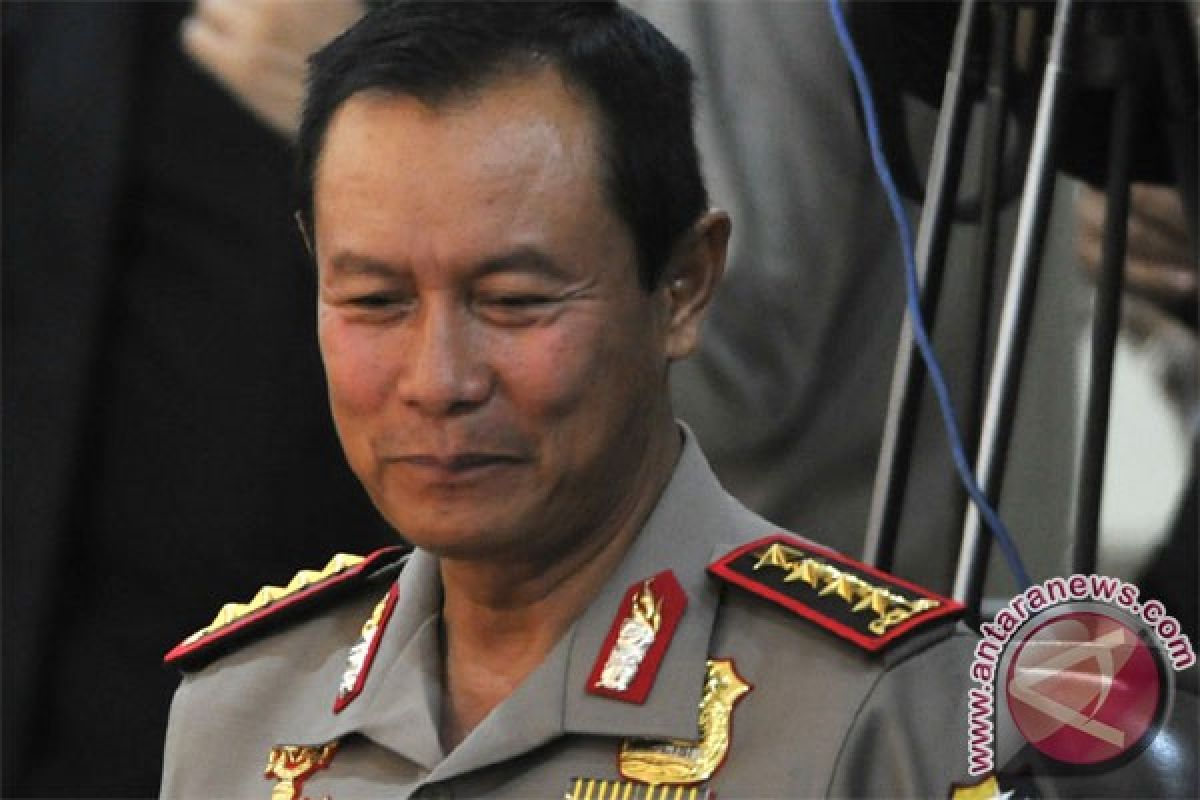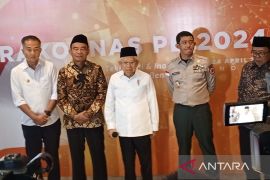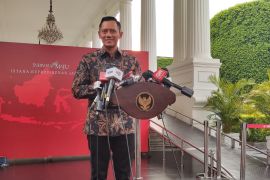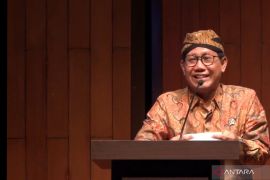"Violations being conducted beyond Indonesian waters is no longer our business," Chief of Police General Sutarman said.Denpasar, Bali province (ANTARA News) - The National Police has stopped handling cases of illegal immigrants caught in Indonesian waters on their way to Australia, Chief of Police General Sutarman said here on Friday.
The decision was made in protest against allegations that Australia, in 2009, had tapped the private cell phone of President Susilo Bambang Yudhoyono, First Lady Ani Yudhoyono, and some ministers. Responding to the issue, Indonesia temporarily halted some cooperation programs with Australia, including the exchange of intelligence information, military cooperation and the handling of illegal immigrants.
"Violations being conducted beyond Indonesian waters is no longer our business," stated the police chief.
President Yudhoyono last Wednesday (Nov. 20) ordered the suspension of several cooperation programs with Australia following allegations that Australian intelligence agencies had tapped the private cell phones of Indonesian state officials.
"I want them to be suspended until everything is clarified. We are unlikely to continue with the programs if we are not certain there has been no wire-tapping," President Yudhoyono remarked after a meeting with Indonesian Ambassador to Australia Najib Riphat Kesoema.
The President said he would also review other areas of cooperation with Australia.
Going forward, there must be a code of conduct and guiding principles to establish cooperation with Australia, he added.
"The protocol must be binding, clear and workable," he noted.
President Yudhoyono said the Indonesian government was awaiting official clarification from Australian Prime Minister Tony Abbot on the alleged wire-tapping.
"If Australia also wants to maintain good ties with Indonesia, I hope there will be an official clarification from (their side)," he remarked.
Yudhoyono said he was disappointed by the news that the Australians had wire-tapped the phones of Indonesian officials, especially since both countries had agreed to upgrade their bilateral cooperation to a strategic partnership in 2015.
"If someone states that intelligence information can achieve anything, then I have to ask, in which direction is this intelligence pursued? Why should they tap their friends and not their enemies? I consider the matter to be serious and not merely from a legal point of view. I think neither Australian nor Indonesian law allows our respective intelligence agencies to wire-tap the officials of other countries," he noted. (*)
Editor: Heru Purwanto
Copyright © ANTARA 2013












